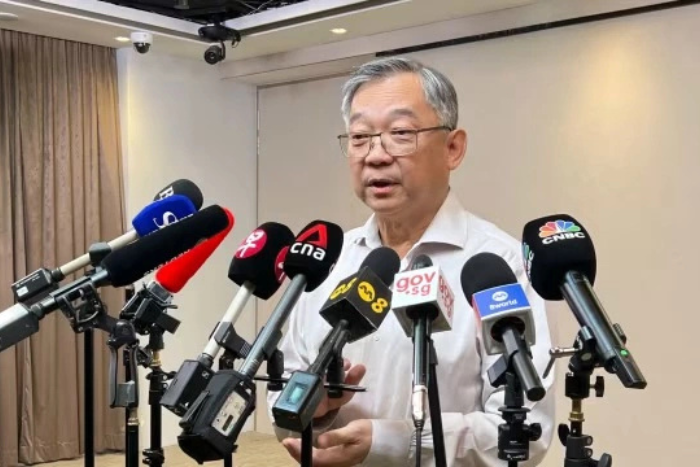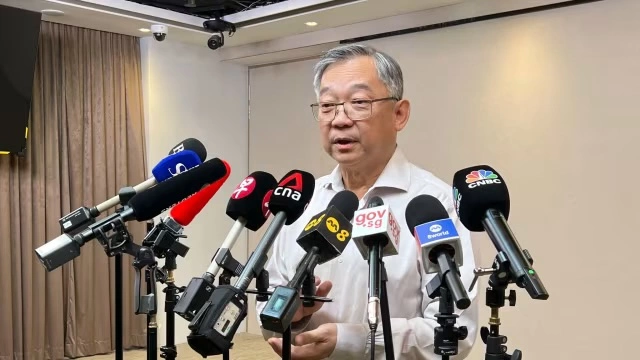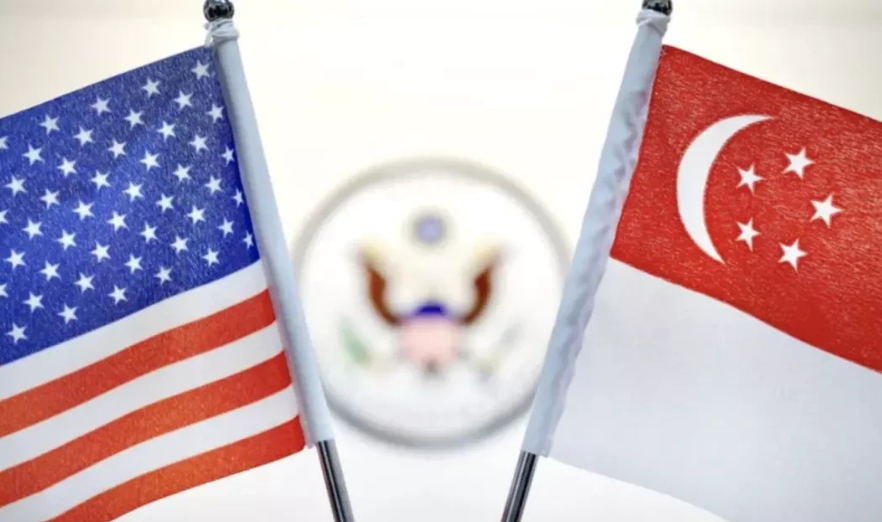As global economic uncertainty intensifies and trade barriers rise, the United States has announced a 10% tariff on all global imports. Although not targeted at specific countries, this move is expected to impact export-driven economies like Singapore. While the Singaporean government has made it clear that it will not retaliate, analysts warn that deteriorating external conditions could weigh on Singapore’s economic growth.
In late March 2025, the U.S. President signed a tariff bill imposing a 10% import tax on a broad range of global products, including machinery, electronics, and consumer goods. The U.S. government stated the move was to boost domestic manufacturing and reduce its trade deficit. However, many countries have expressed discontent.
Despite having a free trade agreement (USSFTA) and enjoying a trade surplus with the U.S., Singapore was not exempted. Singapore’s Minister for Trade and Industry, Gan Kim Yong, stated in early April, “We are disappointed by this decision, but we will not act rashly. Retaliation could raise costs and hurt businesses and consumers.”



